KARACHI/ISLAMABAD, March 9: Former chief justices of the Supreme Court, senior lawyers and human rights activists have criticised President Gen Musharraf’s decision to suspend Chief Justice Iftikhar Chaudhry on the charge of misuse of authority.
Former chief justice Sajjad Ali Shah, who was unceremoniously removed during the Nawaz Sharif government, termed it ‘an unprecedented occurrence’. “This has created immense insecurity amongst other judges and is another step towards the ruination of an institution. A chief justice has never been sent to the Supreme Judicial Council, but other judges have been tried and action has been taken against them,” he said.
Justice Sajjad Ali Shah observed that the Chief Justice cannot be removed, suspended or made ‘non-functional’ under Article 209 of the Constitution in its present form.He said under the relevant Article, the Chief Justice has to head the Supreme Judicial Council with two next senior most judges of the apex court and two senior most Chief Justices of the High Courts as its members. He said under Article 209 (3), if the inquiry is against a judge of the Supreme Court, the judge of the court next to him in seniority, and if such member is the Chief Justice of a High Court, the Chief Justice of another High Court next in seniority amongst the Chief Justices of the remaining High Courts shall act as a member of the Council in his place.
He said the Constitution was silent on what to do in case the complaint was against Chief Justice of the Supreme Court.
He said there was an ambiguity in the law and it was open to interpretation. He said it was the job of the lawmakers to spot a mistake and rectify it.
He said the judge against whom a complaint is being considered by the Supreme Judicial Council, stops discharging his duties till the disposal of the case. He, however, said the orders for suspension or making a judge non-functional cannot be issued by the president. "This is against the principle of trichotomy of powers. He said all the organs of the state must function within their own scope and there should be no overlapping, interference or domination.
Justice (retd) Sajjad Ali Shah accused the government of weakening the judiciary and stressed that the judiciary must assert itself at this point of time. "The constitution and the constitutional institutions cannot function in the absence of the judiciary," he remarked.
He was of the view that the action against the chief justice had a nexus with the upcoming polls. He said the president wanted to be elected again by the existing assemblies, and there were speculations that elections might be postponed for one year. He said important cases were being heard by the larger bench headed by the chief justice, which also included the one pertaining to enforced disappearances.
He said the government wanted to create an impression that democracy had failed to deliver and only the army can save Pakistan from total disaster. “My fear is that chaos will grip the country and the government will come up with a new constitution.”
In reply to a question, he said the bold decisions in the Steel Mills and the kite-flying cases may have prompted the action against the chief justice.
Sajjad Ali Shah said the action against Justice Iftikhar Muhammad Chaudhry was different from his (Sajjad’s) removal as chief justice. He said in his case the judges and the government had joined hands in a conspiracy to unconstitutionally remove him from office.
In reply to another question, he said even after suspending Justice Iftikhar Chaudhry, Justice Baghwan Das, who was the senior most judge of the court after him, should have been appointed the acting chief justice. He said `India is not far away. It takes just 25 minutes to reach Lahore from New Delhi," he remarked.
Former chief justice Saiduzzaman Siddiqui, who ceased to hold office after his refusal to take a fresh oath in Jan 2001, said that under Article 209 of the Constitution, the president does not have the powers to remove any superior court judge except on the recommendations of the Supreme Judicial Council.
He said only the president was empowered to make a reference against a chief justice or judge of superior courts if he is incapable of properly performing the duties of his office or was guilty of misconduct. But before taking any action, he must wait for the outcome of the inquiry to be conducted by the SJC. If the SJC rejects the reference, the judge would continue to hold office.
Justice Wajihuddin Ahmed, who also stood retired in 2001 following his refusal to take oath, said the government action was illegal, unconstitutional and unethical. It would lower the country’s prestige. He said there was no vacancy in the office of chief justice and no acting chief justice could have been appointed.
If at all an acting CJ had to be appointed, the senior-most judge, Justice Rana Bhagwandas, should have been given oath. He is on a visit to India and could have been recalled on short notice
Nasir Aslam Zahid, a former chief justice of Sindh who was relegated to the Federal Shariat court during Benazir Bhutto’s second tenure, supported Sajjad Ali Shah’s condemnation. “This is a highly retrogressive step and is more serious than the PCO. It opens up actions against any judge. If someone does not agree with the president, he can just be accused of misconduct or something and removed," he says.
Mr Zahid said that the power of removal can only be exercised after the preparation of a report. "My understanding of Article 209 is that action can only be taken after the necessary proceedings have been completed and the report has been submitted by the SJC to the President."
He also said there is "no provision for suspension of any judge’.
But the retired judge is cognisant of the fact that the government may be armed with a counter argument. "They can say that a power to pass a final order includes a power to pass an interim order."
However, former chief justice Saeed-uz-Zaman Siddiqui played it fairly safe with milder comments. "It is not good for the judiciary and its reputation has been greatly affected. But the president has the right to take such an action and whether it is right or wrong, can only be determined when the report is presented by the SJC."
Mr Zaman also said that the SJC comprises the chief justice, two senior-most judges from the Supreme Court and two senior-most judges from the high courts.
Abid Hassan Minto, a prominent senior lawyer, feels that Iftikhar Chaudhry's suspension may have come about because some of his decisions were viewed as acts of dissension. "He was involved in some judicial activism and it is said that the government was allergic to him and his actions were being perceived as anti-government. This move has created several questions and is controversial," says Minto.
I.A Rehman, a leading human rights activist, also criticised President Musharraf’s decision. "In a country where such a thing happens, it is a symptom of something very rotten in the state structure. The state is faced with such utter collapse of everything valuable and the cancer eating into the vitals of a democratic state has reached a very dangerous stage," says an irate Rehman.
"Sajjad Ali Shah was undone by his own colleagues. The state has been corrupting the judiciary for a very long time," he continues.
Asma Jehangir, chairperson of the Human Rights Commission of Pakistan (HRCP), seconded Mr Rehman's opinion. "The removal of the Chief Justice of Pakistan is a bitter blow to the independence of the judiciary. There were rumours that the government wanted to remove him."
"Such a dismissal can only be acted upon after the Supreme Judicial Council decides on merit against an accused judge. The speed with which the Chief Justice of Pakistan has been removed shows that the executive is nervous of an already tame judiciary."
An official statement issued by HRCP doubts that Iftikhar Chaudhry’s removal was prompted by any misuse of authority "as such judicial practices are fully tolerated, if not encouraged by the Executive. The process adopted is also illegal and irregular. A reference by itself cannot grant the Executive the powers to dismiss a judge of the superior courts.
“It is significant that the Chief Justice of the Sindh High Court was flown to the capital in haste and in a chartered plane to secure a prompt decision from the Supreme Judicial Council."

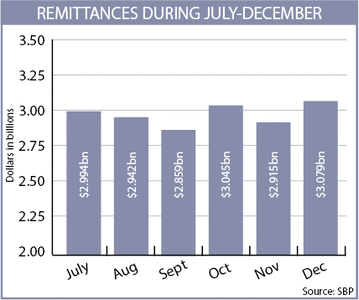
















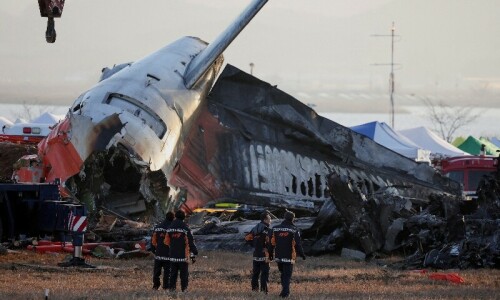

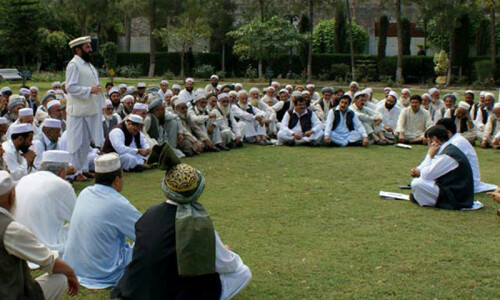














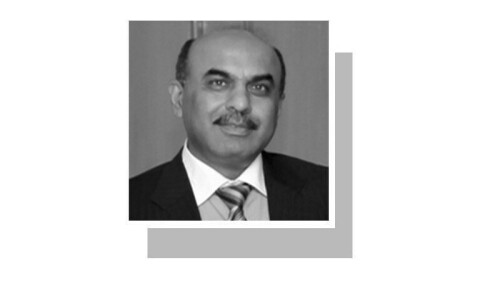


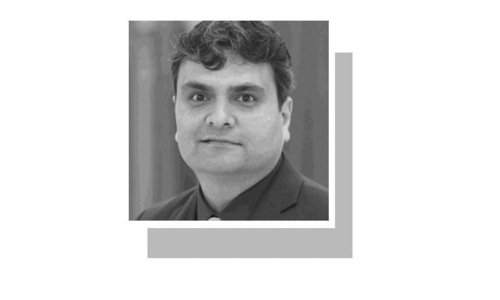
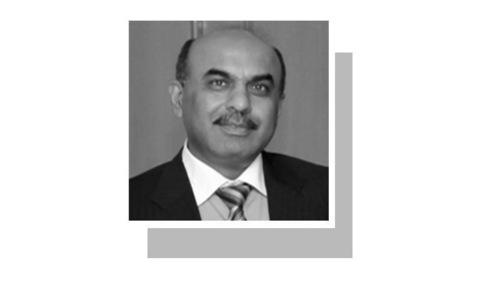
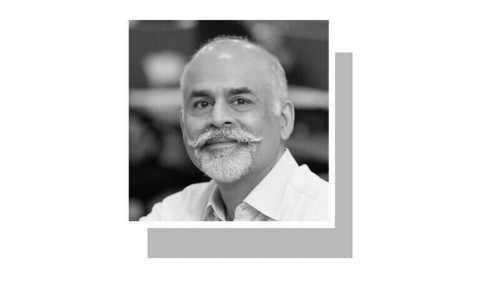





Dear visitor, the comments section is undergoing an overhaul and will return soon.